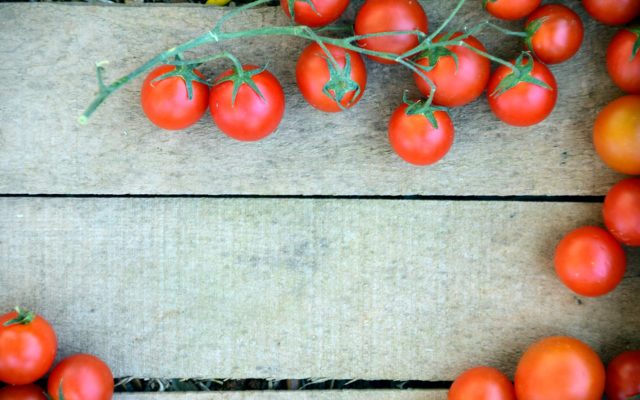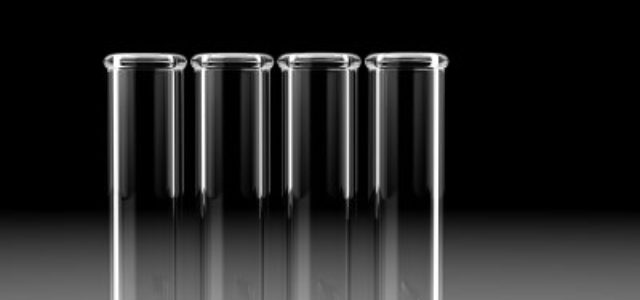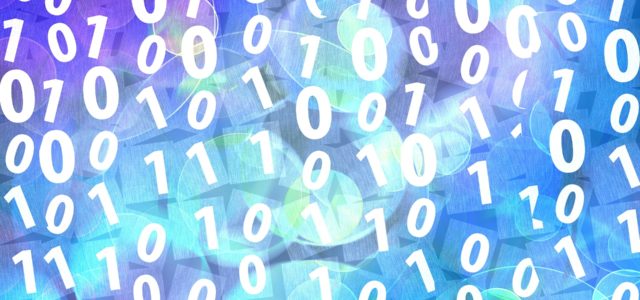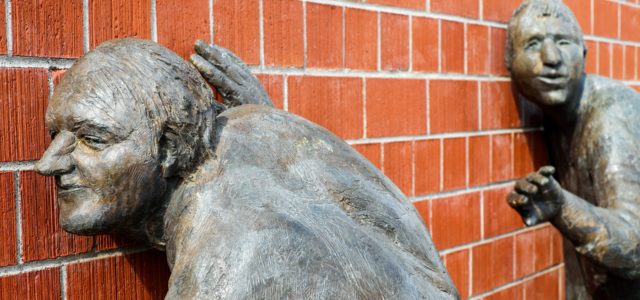For the last several months I’ve noticed articles in social media which are titled, “Science says…” followed by some rather strange conclusion about relationships, or parenting, or happiness, etc. It seems to me that we are clinging more and more exclusively to “science” to answer all questions and solve all problems, no matter the context.
Knowledge is knowing a Tomato is a fruit. Wisdom is not putting it in a fruit salad.
Full disclosure: my professional background is built on data analysis to find answers to business problems. I’ve made a good living helping companies collect and use all kinds of data to make better decisions and come to sound conclusions upon which to form and execute business strategies. Hence, I’m not exactly the kind of guy who would tend to question the validity of all these emerging articles and BLOG posts.
My problem is my wife. Let me clarify… Unlike me, my wife comes up with very different answers to questions which to me seem simple and cut and dry. I tend to think in a one plus one equals two, sort of way. But my wife tends to ask about whether one is really always one, or better yet, WHY is it one. If we know why then maybe there are other things which should be considered before we conclude the answer is always two. Maybe there are other variables we need to consider, and maybe those are not even numeric, but rather more subjective.
And those variables may have very little to do with the data (facts) I have collected and have available to me. They are often based on much softer, less quantifiable points which defy a mathematical technique to incorporate them into my calculus. It puts me in mind of the time I served on a jury. One of the instructions the judge gave us at the beginning of the trial was that one of our jobs as we listened to the lawyers’ arguments and witnesses’ testimony was to assess the credibility of the witnesses. He said we needed to consider whether their testimony was trustworthy. Did they seem like they were telling the truth? This was based on our gut feel. Things like body language, tone of voice, hesitancy in answering questions, etc. all played a role in determining how much of their testimony would impact our final decision. The judge was telling us that the data (the actual things they said, “facts”) was not all we should consider. We also needed to consider the context (a subjective assessment or gut feel, “why”) of the testimony. In fact, he told us this was even more important than the actual facts they testified to. And this would be what determined this man’s guilt or innocence!
So it would seem that there may be many ways of knowing, which reach beyond simple facts (science, data, math, etc.). This seems to be backed up by my life experience as well. History, Literature, Poetry, Philosophy, Religion, Psychology, The Arts, Ethics, and more offer us valuable truths which are as relevant and dependable as math or science…in fact maybe more relevant. Plato, Socrates, Jesus, Gandhi, Bach, Michelangelo, and countless others have taught us valuable truths about love, beauty, reason, peace, happiness and so much more which we all have built our very lives upon. Yet we seem to have become so very seduced by Science that we have discarded these other critical influences and teachings and put on our blinders, restricting ourselves increasingly to only a scientific rendering of Truth.
Could we be missing some very important information?
Many years ago I had a water cooler discussion with some male colleagues. Forgive the political incorrectness here, this was thirty-five years ago. They were talking about how reasonable men were in solving problems, and the value of linear thinking. I mentioned my wife, who when faced with the same problem took into consideration a whole host of things which I would never even think about. They all laughed, feeling secure in their fortress of reason and clear thinking. Then I said, “But you know, she usually ends up being right.” They stopped laughing and I said, “That may be the difference between Knowledge and Wisdom.” It was a conversation stopper.
So I caution those folks seeking Truth in Science alone. It will certainly give you useful and dependable information, but it alone can never give you the whole picture. Take off your Science blinders. Open your eyes and expand your thinking to include all those foundational things you have learned from people throughout your life and your whole education. Learn from the lessons of History. Recognize the contribution of Kindness. Depend on the certainty of Goodness. They will likely lead you to a fuller and more accurate Truth than the data alone.
Arrange a Conversation







